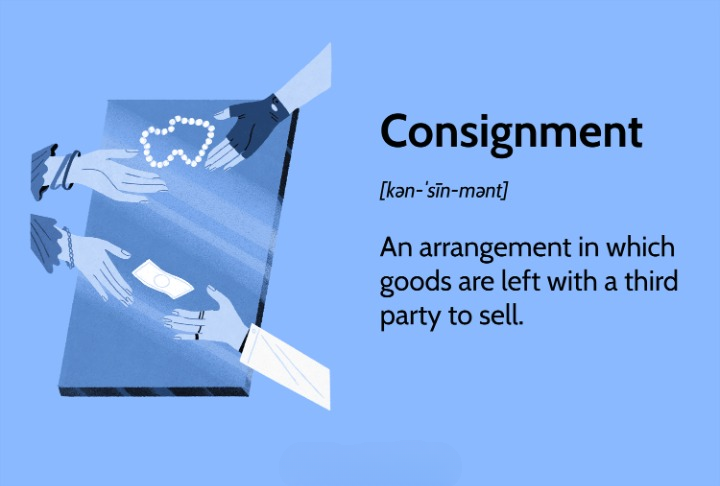Unlocking Retail Success: How to Open a Store with No Money Using Rent Abatement and Consignment
Starting a retail business without any capital might sound like an impossible dream, but with the right strategies, it’s entirely achievable. Imagine walking into your own store, filled with merchandise you haven’t paid a dime for, in a prime location you secured without upfront rent.
This isn’t a fantasy—it’s a well-kept secret among savvy entrepreneurs. By leveraging rent abatement and consignment agreements, you can turn your retail dream into reality without breaking the bank.
Step 1: Secure a Prime Location with Rent Abatement
Understanding Rent Abatement
Rent abatement is a negotiation tactic where the landlord agrees to waive rent for a specific period. This gives you the breathing room to establish your business without the immediate pressure of rent payments. A skilled commercial real estate agent is crucial in this process. They know the market, have connections, and can negotiate terms that favor you.
Finding the Right Commercial Real Estate Agent
- Research and Referrals: Start by asking for recommendations from other business owners and checking online reviews.
- Interview Potential Agents: Look for agents with a proven track record in securing favorable lease terms, especially rent abatements.
- Discuss Your Vision: Ensure the agent understands your business goals and the importance of securing rent abatement to your plan.
Negotiating the Lease
- Highlight Benefits to the Landlord: Emphasize how your store will draw traffic to the area and enhance the property’s value.
- Propose a Business Plan: Show the landlord your plan, including marketing strategies and potential for success.
- Be Flexible on Terms: While pushing for rent abatement, be open to signing a longer lease or offering other incentives.
Step 2: Stock Your Store with Consignment Merchandise
Understanding Consignment
Consignment involves selling goods without paying for them upfront. Instead, you agree to pay the supplier a percentage of the sales revenue. This reduces your initial inventory costs and allows you to offer a wide range of products.

Finding Consignment Partners
- Identify Potential Suppliers: Look for local artisans, small manufacturers, and wholesalers who might be open to consignment arrangements.
- Pitch Your Store: Explain your business concept and how partnering with you can benefit them. Emphasize your prime location and marketing plans.
- Negotiate Terms: Agree on a fair split of the revenue and clarify how unsold goods will be handled.
Setting Up Consignment Agreements
- Draft Clear Contracts: Outline the terms, including payment schedules, inventory management, and responsibilities.
- Implement Inventory Tracking: Use a reliable system to track sales and manage consignment inventory accurately.
- Build Strong Relationships: Maintain good communication with your consignment partners to ensure ongoing collaboration.

Getting Started: A Step-by-Step Guide
- Develop a Solid Business Plan: Outline your vision, target market, and strategies for success.
- Secure a Knowledgeable Real Estate Agent: Follow the steps above to find and hire an expert agent.
- Negotiate Rent Abatement: Work with your agent to find a prime location and negotiate favorable lease terms.
- Source Consignment Merchandise: Identify potential suppliers and establish consignment agreements.
- Market Your Store: Create buzz through social media, local advertising, and community events.
- Open Your Doors: Launch with a grand opening event to attract customers and kickstart sales.
By strategically using rent abatement and consignment agreements, you can open a retail store with little to no upfront investment. This approach not only minimizes financial risk but also sets a strong foundation for sustainable growth. With determination, savvy negotiation, and a bit of creativity, your dream store can become a bustling reality without the need for deep pockets.















+ There are no comments
Add yours